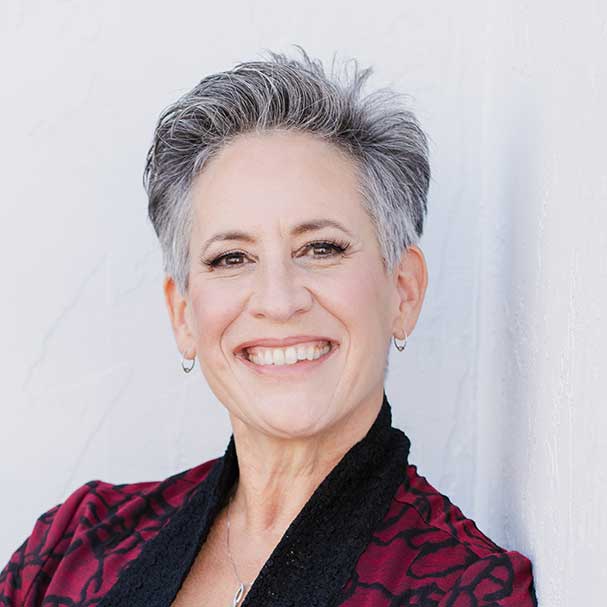


Organizations are complex. They include systems and people, and the interaction of both. When it comes to improving diversity, equity and inclusion in an organization, both systems and people need to be taken into consideration.
In the last decade, research in behavioural economics has taught us that systems and rules provide useful “guard rails” for behaviour which, over time, can change how people think. However, a true culture of diversity, equity and inclusion must go beyond following rules. At some point, hearts and minds also need to shift and this is where the human work of DEI comes into play.
So, we can change systems, but what about changing people? Some of the key questions that arise
include:
Let’s take these questions one by one. In terms of the role of organizations, they change employee’s behaviour all the time. Policies and procedures, such as Health and Safety rules, are a straightforward example. But to what extent is this linked to values? I would say values are always implicitly part of changing behaviour. Health and safety policies may be there to protect employees from injury but they are also attempting to create a culture that values safety. Whether directly or indirectly, organizations act to impact employee’s values.
Critics, however, might say that DEI values are qualitatively different than things like “safety” and that trying to change those values is tantamount to pushing a political agenda. This brings us to the next question – should organization’s try and influence individual values related to DEI?
A key distinction here is the difference between indoctrination and education. Unlike indoctrination, where information is filtered and controlled, education involves helping people become aware of their values, beliefs, and reactions so that they can, in turn, identify, study, and evaluate (and potentially re- evaluate) their values and beliefs. In this case, individual “will” and autonomy remains – employers are instead providing learning experiences that open the opportunity for changes in DEI values, beliefs and feelings.
Finally, the big question – can it be done? Is it possible to change people’s values? Create champions out of resistance? The short answer is yes, but it is far from guaranteed (what with human will and autonomy and all that). Social Psychology can tell us a lot about how to create opportunities for education and changing values. In our companion piece – Changing Hearts and Minds – we provide the research, as well as our thoughts and experience on what works to make DEI gains at the individual level.